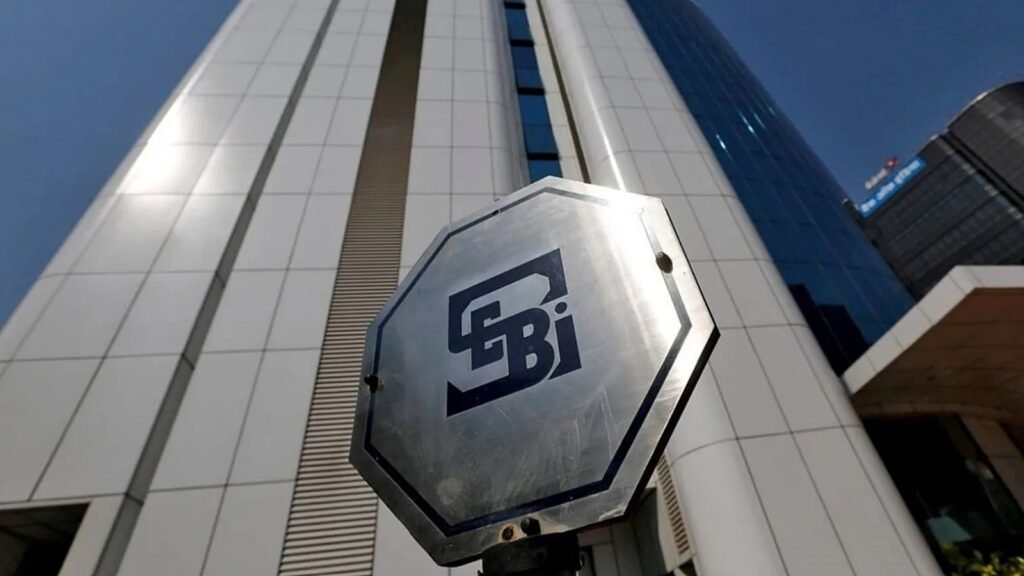New York-based proprietary trading firm Jane Street, which was recently barred from the Indian market, has deposited Rs 4,843.57 crore (approximately $567 million) into escrow accounts in compliance with an order from the Securities and Exchange Board of India (SEBI).
“Jane Street has further requested SEBI that, following the creation of this escrow account in compliance with SEBI directions, certain conditional restrictions imposed under the interim order be lifted and that SEBI issue appropriate directions in this regard,” SEBI said. This request is currently under examination by SEBI in accordance with the directions of the interim order, Sebi said on Monday.
“They (Jane Street) have further stated that this action has been undertaken by them without prejudice to their rights and remedies which remain available to them in law and equity,” Sebi said.
The Wall Street firm is expected to challenge SEBI’s order by approaching the Securities Appellate Tribunal (SAT) in the coming days.
This follows SEBI’s directive issued on July 3, in which the regulator ordered the seizure of alleged Rs 4,843.57 crore ‘illegal gains’ Jane Street is accused of making through manipulative trading in Nifty futures. SEBI also barred the firm from participating in any securities trading until the amount is recovered. In its order, the regulator stated that the “JS Group is not a good faith actor that can be, or deserves to be, trusted.”
SEBI has given the firm 21 days to respond to the order and request a personal hearing, should it wish to contest the findings.
Jane Street, considered one of the most influential proprietary trading firms globally, recently strongly pushed back against the allegations. In a communication to its employees, the firm described SEBI’s accusations as “extremely inflammatory” and expressed deep disappointment with the regulator’s decision. The firm is apparently preparing a formal legal response.
Story continues below this ad
Jane Street denied SEBI’s claim that it orchestrated “an intentional, well-planned, and sinister scheme” to manipulate Indian markets, particularly through trading in Nifty Index futures. The firm maintains that its actions on January 17, 2024 — one of the days highlighted in SEBI’s report — involved standard arbitrage trading, a common and legitimate strategy.
In an internal memo, Jane Street criticized SEBI for using metrics to assess market impact and trading aggressiveness that, according to the firm, don’t reflect actual market behaviour. The firm also rejected SEBI’s assertion that it ignored concerns raised by the National Stock Exchange (NSE). Instead, Jane Street claimed it voluntarily paused trading at the time to understand the exchange’s feedback and later revised its trading approach to align with NSE’s expectations.
“We believed we had reached a shared understanding and reflected it in the adjustments to our trading practices,” the memo stated. “Since February, we’ve made repeated efforts to engage with SEBI, but have been consistently turned away.”
As the 21-day deadline approaches, all eyes are on Jane Street’s next move in what could become a landmark case in India’s evolving regulatory landscape.
© The Indian Express Pvt Ltd

